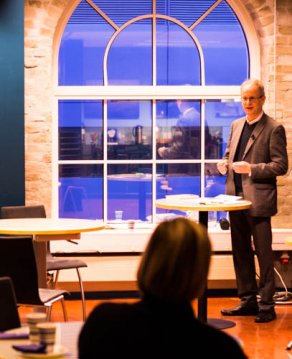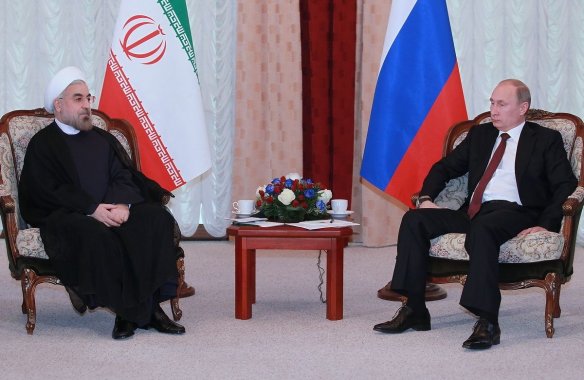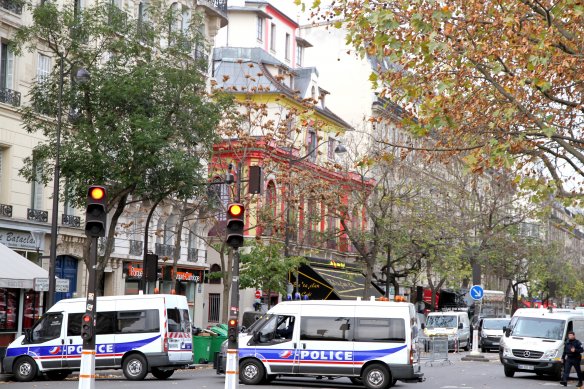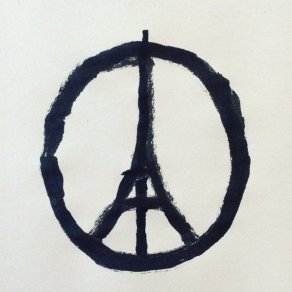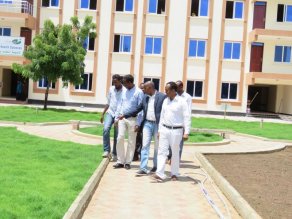
Young Somalis at the University of Simad, Mogadishu. Wikimedia Commons
The Somali conflict has affected Somali citizens inside and outside the Somali region for over 25 years. While Somaliland and Puntland have enjoyed relative stability for more than two decades, conditions are much more fragile in south-central Somalia, and residents in many parts of the Somali region face considerable levels of insecurity still. In late 2012, however, the first permanent central government since the start of the civil war was installed in Mogadishu. This increased expectations that south-central Somalia is transitioning towards greater stability and created hope amongst the Somali diaspora. Since 2011-2012, the number of people returning to south-central Somalia has increased considerably.Read More
